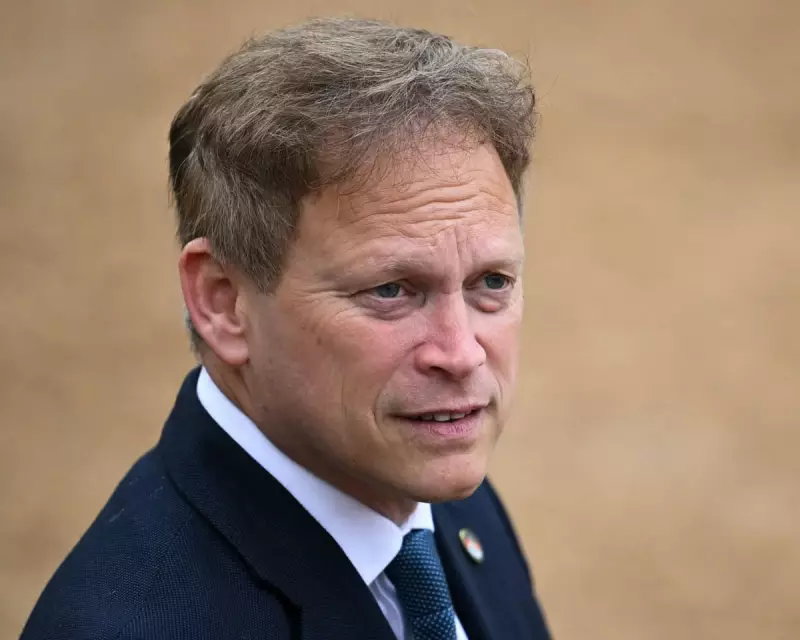
Defence Secretary Grant Shapps is under mounting pressure to uphold a highly secretive legal order – known as a superinjunction – preventing the disclosure of sensitive details about UK military operations in Afghanistan. The move has sparked fierce debate over government transparency and accountability.
What is the MOD Afghan Superinjunction?
The Ministry of Defence (MOD) secured the injunction to block the publication of classified information related to British military activities in Afghanistan. Such injunctions are rare and extend beyond standard gagging orders by prohibiting even the mention of their existence.
Why is Shapps Pushing to Keep It?
Sources suggest Shapps argues the injunction is vital for national security, protecting operational methods and personnel. However, critics accuse the government of suppressing potential controversies, including alleged misconduct or strategic failures.
Transparency Under Fire
Legal experts and press freedom advocates warn that excessive secrecy erodes public trust. "Superinjunctions should be a last resort, not a blanket tool to avoid scrutiny," said one human rights lawyer.
The Labour Party has demanded clarity, with shadow defence secretary John Healey stating: "The public deserves honesty about what’s being hidden and why."
What Happens Next?
With legal challenges likely, the injunction’s future remains uncertain. Observers suggest the courts may soon weigh whether the public interest outweighs the MOD’s secrecy claims.





